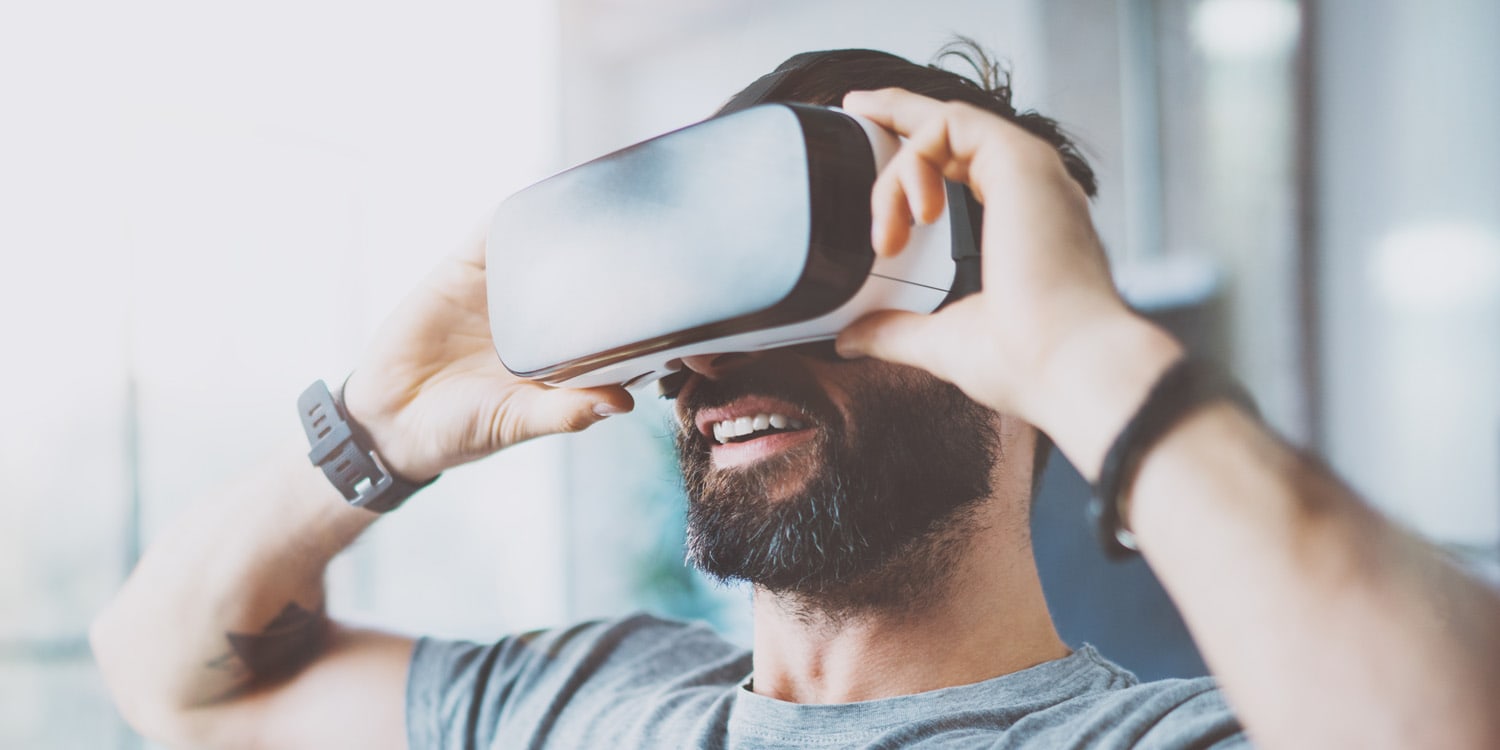A new study published in the Journal of Psychiatric Research has found that a self-guided virtual reality app could significantly reduce symptoms of social anxiety. The research tested the oVRcome mobile application, demonstrating its effectiveness in helping participants manage their fears and improve their quality of life.
Social anxiety disorder is a debilitating condition characterized by an intense fear of social interactions and judgment. While proven therapies like cognitive behavioral therapy exist, they can be costly, require access to a limited number of trained professionals, and often carry stigma. These hurdles leave many individuals with minimal or no treatment, exacerbating the impact of the disorder.
Virtual reality (VR) has emerged as a promising tool in mental health, particularly for anxiety-related conditions. By immersing individuals in realistic scenarios, VR enables safe and controlled exposure therapy, which is a key component of cognitive behavioral therapy. However, VR-based treatments are still limited and the implementation of such treatments vary across research studies.
Led by Cameron Lacey from the University of Otago in New Zealand, the research team wanted to explore whether a self-guided app, oVRcome, could bridge this gap. The app was combined with an affordable head-mounted device which held a smartphone and delivered 360 degree video experiences.
Lacey and colleagues first recruited 126 adults (98 females, 28 males) diagnosed with moderate to severe social anxiety, with an average age of 35 years.
Participants used the oVRcome app for six weeks, completing modules that combined VR scenarios with techniques to manage anxiety, such as breathing exercises and thought reframing. The app also provided educational content, including discussions on the rationale behind exposure therapy.
The app required no professional intervention, relying instead on self-guided progress through structured modules.
The results were striking. By the end of the six-week trial, participants using the app saw their social anxiety scores drop by an average of 35 points. This was a significant improvement compared to the control group of individuals who were put on a waitlist for treatment, and showed minimal change.
Importantly, these benefits were sustained in follow-ups conducted at 12 and 18 weeks.
The authors also highlighted the app’s ease of use and safety. Participants experienced minimal side effects, with only mild motion sickness reported in some cases, but no participant withdrew from the study because of nausea.
However, the study is not without limitations. All measures were self-reported, and participants were recruited from a single country, raising questions about the findings’ generalizability.
“This is the largest VR for social anxiety disorder study completed to date. Importantly, our trial extends these findings by utilizing low-cost VR equipment without therapist facilitation, thereby addressing concerns regarding the accessibility and affordability of VR therapy for individuals with social anxiety disorder,” the authors concluded.
As the next step, the team plans to investigate how integrating such tools into clinical pathways might further improve access and outcomes for individuals with social anxiety.
The study, “A Self-Guided Virtual Reality Solution for Social Anxiety: Results from a Randomized Controlled Study,” was authored by Cameron Lacey, Chris Frampton, and Ben Beaglehole.




